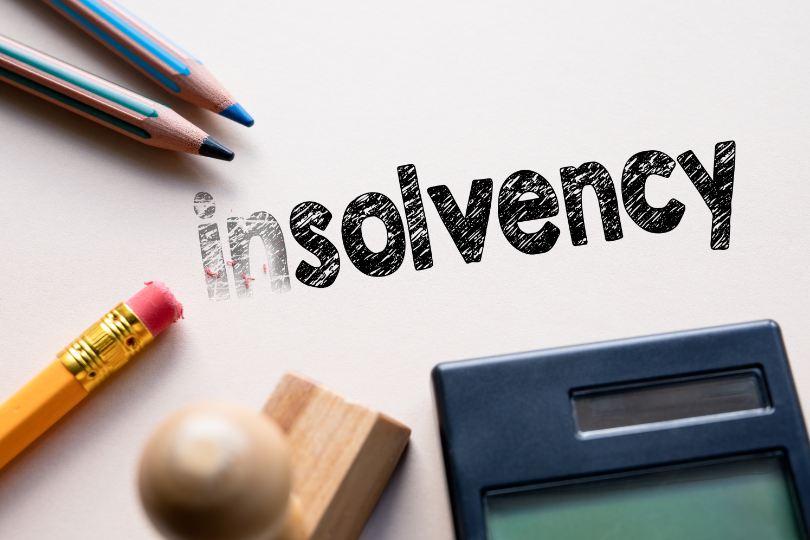Solvency – A Plague On Directors’ Minds

Solvency issues are top of mind for many Kiwi businesses in the face of the prolonged disruption caused by COVID-19, together with rising interest rates, inflation and supply chain issues.
For directors though, solvency issues raise the prospect of personal liability – with directors duties requiring careful thought and constant attention. In this article, we highlight key considerations for directors when solvency issues arise.
What directors duties apply?
Sections 135 and 136 of the Companies Act 1993 (“Act”) are the fundamental directors’ duties engaged when solvency issues arise.
Section 135 of the Act relates to “reckless trading”: it prohibits a director from allowing a company to be carried on in a manner likely to create a substantial risk of serious loss to creditors. Section 136 of the Act is similar, but instead prohibits a director from allowing a company to incur an obligation unless they believe on reasonably grounds that the company will be able to perform that obligation when required to do so.
What are directors required to do?
The duties imposed under sections 135 and 136 of the Act require directors to continuously make realistic assessments of the solvency of a company and its future prospects.
In the extremely difficult trading circumstances created by COVID-19, the challenges for directors in balancing the question to (i) continue trading to obtain better prospects for their business and creditors overall, and (ii) acting prudently in their assessment of the trading prospects of the business, are even more acute.
When a company is in financial difficulty, directors need to be mindful that:
- if the company reaches a level of insolvency is not salvageable, any trading beyond that point will be considered “reckless”, in breach of s 135 of the Act, regardless of whether ongoing trade reduces the overall loss to creditors;
- the interests of all creditors, whether secured or unsecured, must be considered before taking material decisions;
- careful assessment needs to be made before taking on new debt to pay old debt, with the Courts looking very poorly on directors who are seen to be “robbing Peter to pay Paul”;
- in deciding what creditors are to be paid, be wary of any bias towards paying those creditors who are related or where directors have given personal guarantees. Any perception that a director’s personal interests were preferred to those of creditors generally will be viewed negatively by the Courts;
- the duty under s 136 of the Act is not limited to new contractual obligations, but also includes non-contractual obligations such as GST;
- continuing to trade where solvency is questionable may also give rise to personal liability for directors under the Fair Trading Act 1986, on the basis of a misrepresentation to creditors about the company’s ongoing ability to pay its debts. Liability in these circumstances may be cumulative with liability for breach of directors’ duties; and
- there are a range of formal and informal insolvency processes that can be implemented, from receivership, voluntary administration, liquidation and creditor compromises. Take professional advice from your accountant or lawyer early. Directors should be advised independently independent of the company.
COVID-19 temporary relief no longer available
In the initial stages of the COVID-19 response, the Government implemented a safe harbour for directors from personal liability due to liquidity issues caused by COVID-19, and the business debt hibernation scheme. While those schemes provided relief for Directors and/or companies, both have ended. Directors need to be mindful those protections are no longer available when discharging their duties.
If you would like to discuss your obligations as a Director or solvency issues more generally, please contact Jaesen, Jono or Jordan.